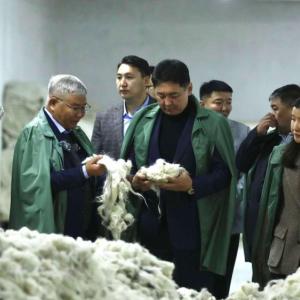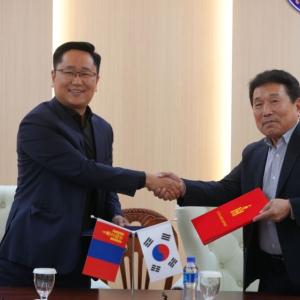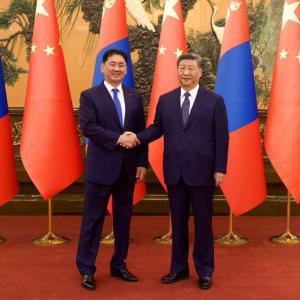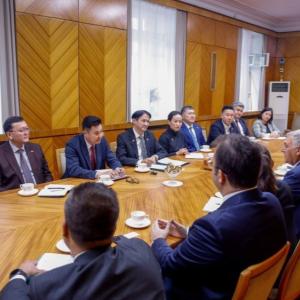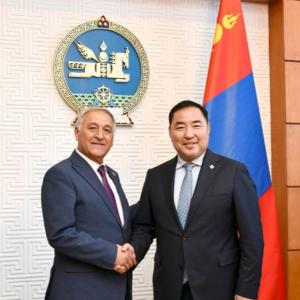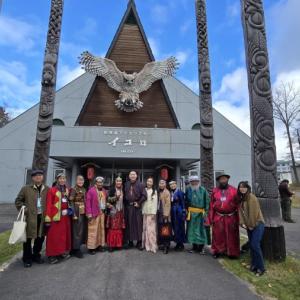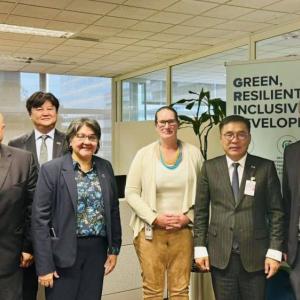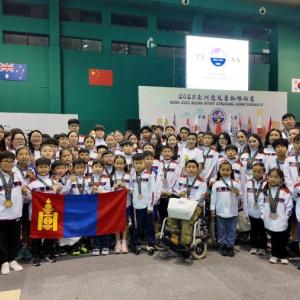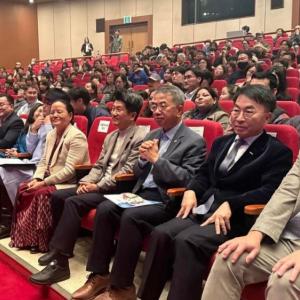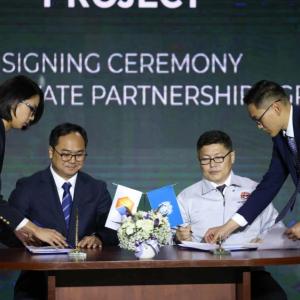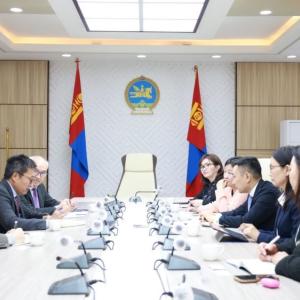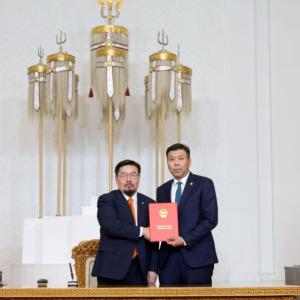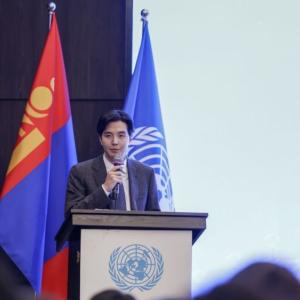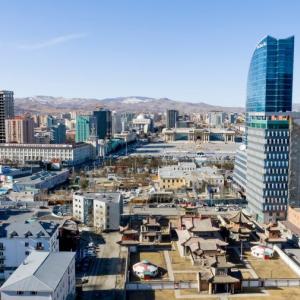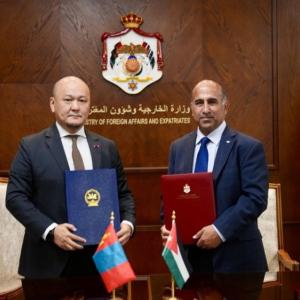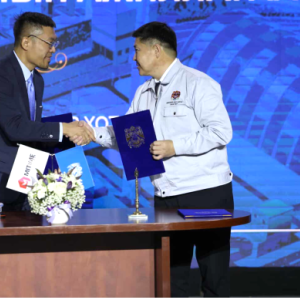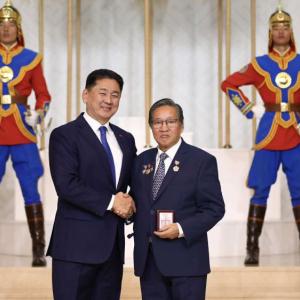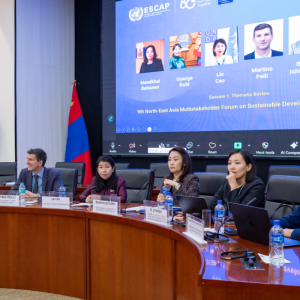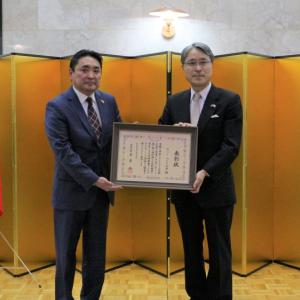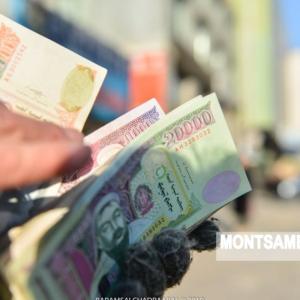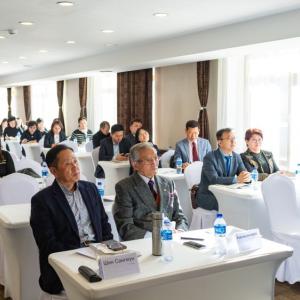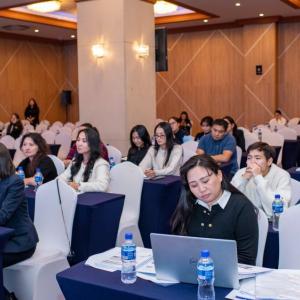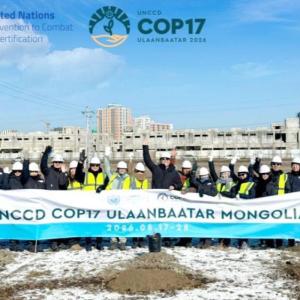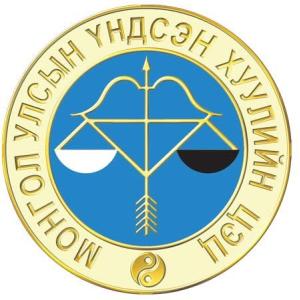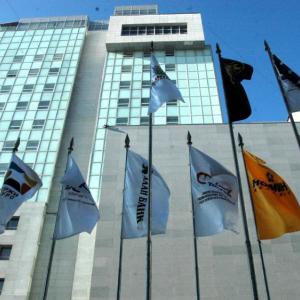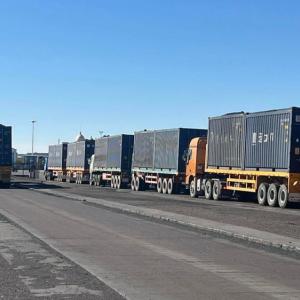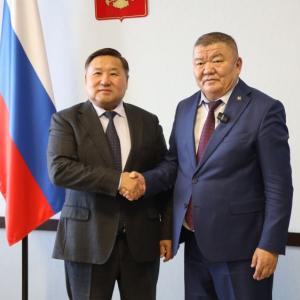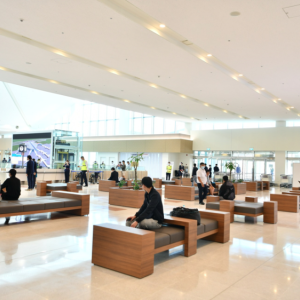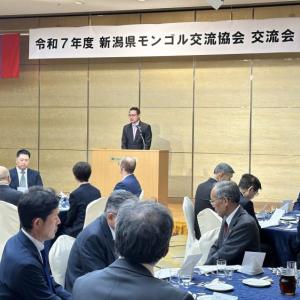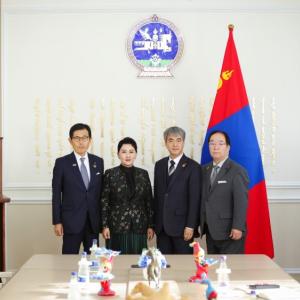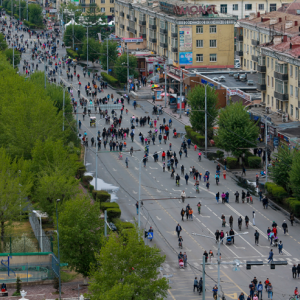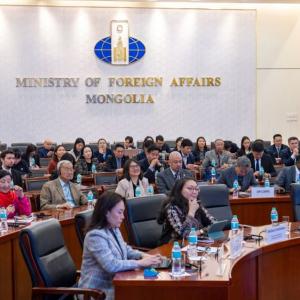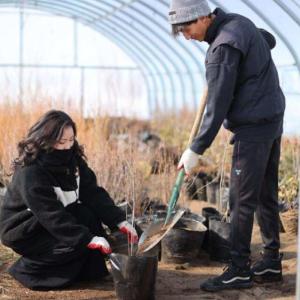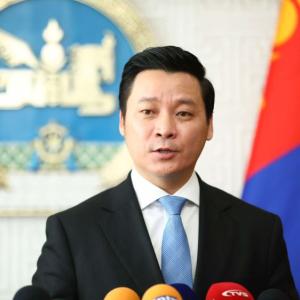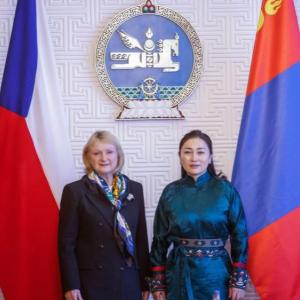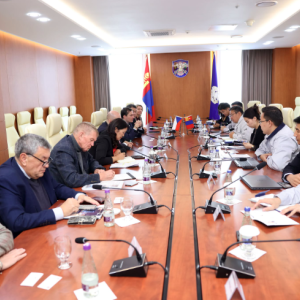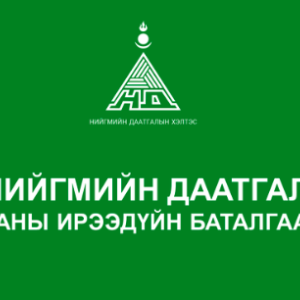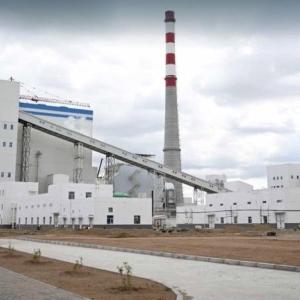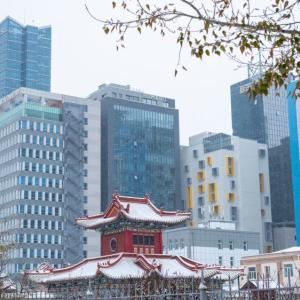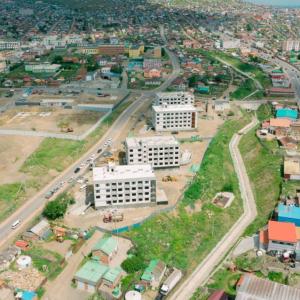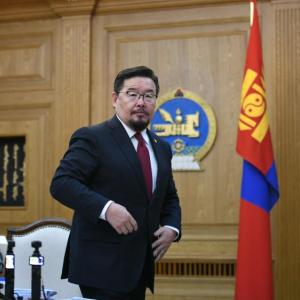EU, NGOs speak about sustainable consumption and production in the agri-food and beverage sector
Economy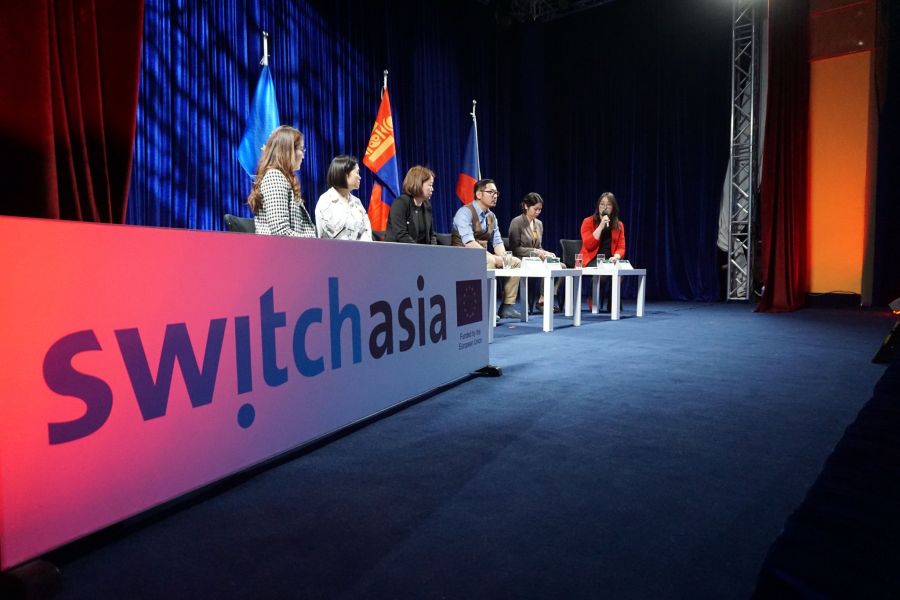
Ulaanbaatar /MONTSAME/. The EU Delegation, NGOs, students, and concerned citizens gathered to discuss issues and solutions around the environmental impact of the agri-food and beverage sector during the launch of the Switching On the Green Economy Project.
According to the latest IPCC reporting, across nearly all sectors, GHG emissions have continued to grow at high absolute rates – causing climate scientists and activists to raise alarm once again.
The UN’s Food and Agriculture Organization (FAO) reported in 2019 that the agri-food systems generated 21 percent of carbon dioxide emissions, 53 percent of methane emissions, and 78 percent of nitrous oxide emissions globally.
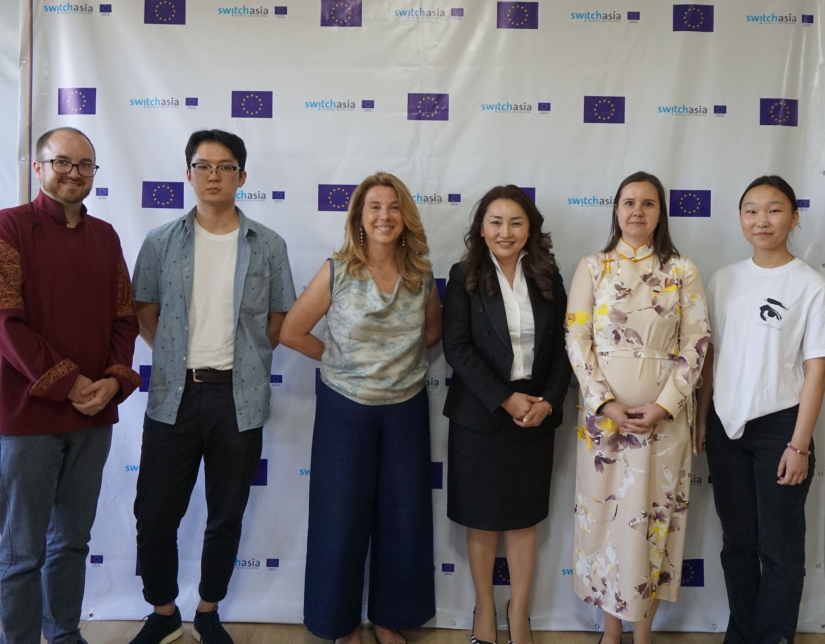
“It is imperative that we work together to redesign our food systems which
today account for a significant amount of global GHG emissions, consume large
amounts of natural resources, and result in biodiversity loss and negative health
impacts (due to both under- and over-nutrition) and do not allow fair economic
returns and livelihoods for all actors, in particular for primary producers,”
said H.E. Axelle Nicaise, Ambassador and Head of Delegation of the European
Union to Mongolia.
With 1.76 million Euros in financing from the European Union’s SWITCH-Asia Grants Programme, the Switching on the Green Economy Project aims to support 1,500 agri-food and beverage MSMEs, 30 agri-food and beverage business associations (BA) and 750 retailers to adopt circular economy practices through a market-based eco labelling system, capacity building, behaviour change and access to green finance.
“Mongolian MSMEs have a huge potential to play a significant role in reducing CO2 by switching a bit of their daily business operation. Collectively, they have a huge impact on green consumption as well as on the green economy. To do so, the Switching On the Green Economy Project is now working on guidance on how to make good and sustainable green business,” said B.Khishigsuren, Project Manager at Development Solutions.
By adopting more circular and greener practices introduced by the project, the hope is that businesses will sell and buy locally grown and produced food and beverages in Mongolia and, as a result, reduce their environmental impact.
“We believe that as a result of the implementation of the "Switching On the Green Economy" (SOGE) project, starting from the activities of raw material producers, consumer procurement will become more environmentally friendly, and our country's economy will be able to move towards a greener future,” said G. Buyan-Ulzii, Project Coordinator at Caritas Czech Republic.
The project will also work with banking and non-banking financial institutions to find bankable solutions that might incentivize food and beverage MSMEs, retailers, and producers to make the switch to greener, more sustainable business models.
“I must emphasize that the countries walking ahead of us have experienced the financial leverage that is an essential part of green economic development. One of the key features of the Switching On the Green Economy Project is to work as a bridge between green users and green producers through digital platforms. In addition, the project incentivizes consumers to encourage sustainable consumption and builds capacity of MSMEs and retailers,” explained B. Bilegsaikhan, Business Development and Partnership Manager from the Mongolian Sustainable Finance Association.

The Switching On The Green Economy Project was designed, and is
implemented, by People in Need (PIN), together with Caritas Czech Republic
INGO, the Mongolian Sustainable Finance Association, and the Development
Solutions NGO. In line with the country’s national strategy to cut greenhouse
gas emissions by 22.7% by 2030, this is the first SWITCH-Asia project in the
Agri-Food and Beverage Sector to be implemented in Mongolia.
* * *
Switching on the Green Economy is financed by the European Union SWITCH-Asia Programme to support the agri-food and beverage MSMEs and retailers in adopting circular economy practice through a market-based eco labelling system, capacity building, behaviour change and access to green finance. From 2022 to 2026, the project will be implemented by People In Need INGO, the Mongolian Sustainable Finance Association, Development Solutions NGO, and Caritas Czech Republic INGO.
SWITCH-Asia: Supports the transition
of Asian Countries to a low-carbon, resource-efficient and circular economy
while promoting sustainable production and consumption patterns within Asia and
greener supply chains between Asia and Europe.
Contact info: For project or media-related
inquiries, please contact Lkhagvasuren (Lucky) Galbadrakh, Project Manager:
lkhagvasuren.galbadrakh@peopleinneed.net / phone: +70111501
 Ulaanbaatar
Ulaanbaatar






